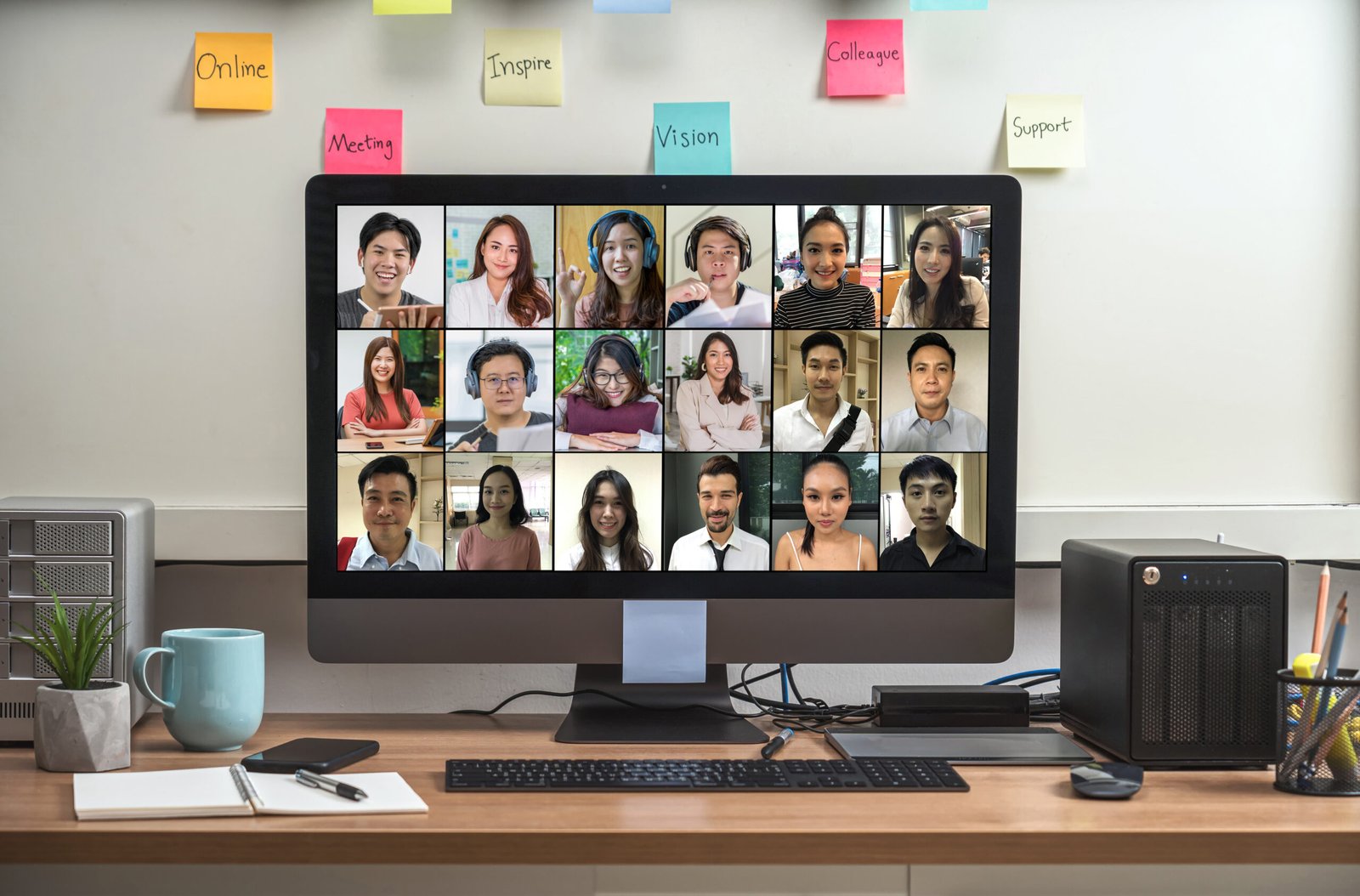Effective Communication Strategies for Global Virtual Teams
Effective communication is the cornerstone of successful global virtual teams. Here are strategies to ensure clear and efficient communication across different time zones and cultural backgrounds:
- Leverage Technology: Use reliable communication tools such as Slack, Microsoft Teams, and Zoom to facilitate real-time communication and collaboration. Ensure that all team members are proficient in using these tools.
- Establish Clear Communication Protocols: Set guidelines for communication, including response times, preferred communication channels, and meeting schedules. Clearly define the purpose of each communication method (e.g., email for formal communication, chat for quick updates).
- Schedule Regular Meetings: Regular virtual meetings help maintain team cohesion and ensure everyone is on the same page. Use video conferencing for team meetings to build rapport and facilitate face-to-face interaction.
- Be Mindful of Time Zones: Schedule meetings at times that are convenient for team members in different time zones. Use scheduling tools like World Time Buddy to find suitable meeting times and rotate meeting times to accommodate everyone.
- Encourage Open Communication: Foster an environment where team members feel comfortable sharing their thoughts and concerns. Encourage active participation in meetings and solicit feedback regularly.
- Use Visual Aids and Documentation: Visual aids such as slides, diagrams, and videos can enhance understanding, especially in multilingual teams. Provide detailed documentation for important projects and processes to ensure clarity.
- Promote Cultural Awareness: Educate team members about cultural differences and encourage sensitivity towards diverse communication styles. Understanding cultural nuances can prevent misunderstandings and build stronger relationships.
- Implement Project Management Tools: Use project management tools like Asana, Trello, or Jira to track tasks, deadlines, and progress. These tools provide a centralized platform for collaboration and help keep everyone informed about project status.
- Provide Language Support: If language barriers exist, consider offering language training or using translation tools to facilitate communication. Encourage team members to be patient and respectful of language differences.
- Set Clear Expectations: Clearly define roles, responsibilities, and expectations for each team member. Ensure that everyone understands their tasks and deadlines to avoid confusion and overlap.
- Regularly Review and Improve: Continuously assess the effectiveness of your communication strategies and make improvements based on feedback. Stay adaptable and open to new tools and methods that enhance communication.
Effective communication in global virtual teams requires a combination of technology, clear protocols, cultural awareness, and ongoing improvement. By implementing these strategies, you can ensure that your team collaborates effectively and achieves its goals.

